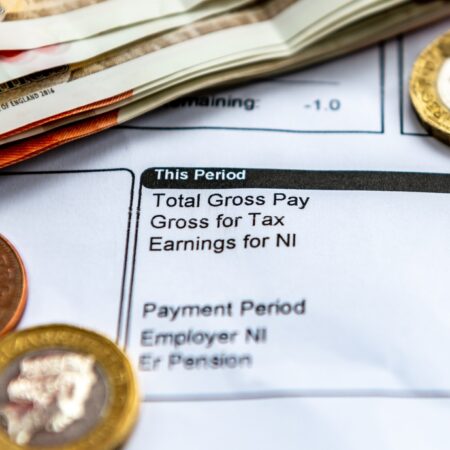VAT domestic reverse charge for building and construction services delayed
The reverse charge represents part of a government clamp-down on VAT fraud. According to the government, large amounts of VAT are lost through ‘missing trader’ fraud. As part of missing trader fraud, VAT is charged by a supplier, who then disappears, along with the output tax and the VAT is thus lost to HMRC.
Our team at Harvey, Telford and Bates are on hand to help you understand the reverse charge and what you need to do to make sure you’re following the correct VAT procedure.
The reverse charge when introduced will not change the VAT liability, but instead, it will change the way that VAT is accounted for. In the future, the recipient of the services, rather than the supplier, will account for VAT on specified building and construction services. The reverse charge is a business-to-business charge, applying to VAT-registered businesses where payments are required to be reported through the Construction Industry Scheme (CIS).
Samantha Bennett, Account Manager at Harvey, Telford and Bates said: “The construction industry has been labelled a ‘high risk’ sector. We are encouraging construction companies to get in touch with our team to make sure they understand and follow the procedures of the reverse charge before its launch in 2020.”
The charge was due to come into effect on 1st October 2019; however, it has now been delayed by 12 months until 1st October 2020, due to fears that businesses were not ready.
HMRC says it remains ‘committed to the introduction of the reverse charge’, and has put a robust compliance strategy into place to tackle fraud in the construction sector.
Make sure you and your businesses are prepared for the reverse charge charges and get in touch with a member of our team today. Call us on 01743 462604 or email [email protected] to schedule a meeting.


